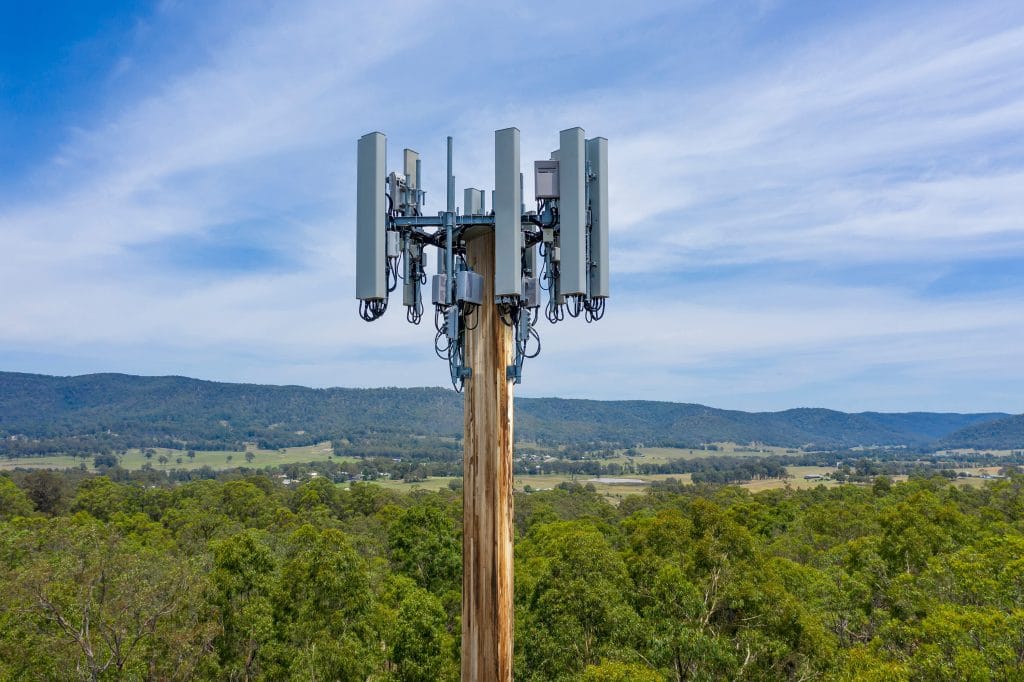Telecoms Urge FCC to Address Pole Replacement Costs Before BEAD Funding Delivered
The FCC approved a comment period to address the issue over a year ago.
Ahmad Hathout

WASHINGTON, April 18, 2023 – More than a dozen communications companies are urging the Federal Communications Commission to move quickly on a decision that would address pole replacement costs ahead of the delivery of billions of dollars in federal funds.
The telecommunications companies, including Charter, Cox Communications, Zayo Group and Altice USA, submitted a letter Monday to the commission saying it needs to hasten its decision on an existing file addressing the pole replacement issue because it is unfair for them to bear the full cost of replacing wood poles when they want to attach their equipment on it. New poles are often needed when the pole cannot bear additional equipment or if the existing pole would be out of compliance with the new attachments.
“For too long, pole owners have exploited their monopoly power to receive windfalls by pushing the entire cost of pole replacements onto a new user of their pole—all while concurrently charging ratepayers to recover the same costs,” the letter said, which outlined costs to replace the pole ranging from $800 to $30,000 for a single structure.
The reasoning for a shared cost model relies largely on the notion that the pole owners, which can be electrical utility or incumbent telephone companies, also benefit from a new pole. Those benefits, the letter said, include the owner being able to reduce taxes on depreciating poles, have additional space on newer poles, continue to collect rent, and have the benefit of lower maintenance costs.
The letter said the delay in addressing the issue threatens the country’s “once-in-a-generation opportunity to close the digital divide,” namely, what happens with the $42.5 billion from the National Telecommunications and Information Administration’s Broadband Equity, Access and Deployment program.
The money from that program is slated to be allocated to the states by June 30.
With the additional federal funds, “the problem of high pole replacement costs and delays will soon accelerate these complaints from a murmur to a fever pitch,” the letter said. “These government funds will go further, and accomplish the goal of service to all, if a fair allocation scheme is required of the monopoly providers.”
The FCC voted over a year ago to seek comment on what to do with the cost of pole replacements and how to align economic incentives between attachers and owners. Since then, third parties have pressed the commission to force the sharing of the costs as the utilities pushed back on the idea on the basis that it takes resources away from other critical work.
“Without relief and guidance from the Commission, the direct impact will be significantly slowed deployment of broadband that will reach fewer unserved homes and small businesses,” the letter said, adding pole owners allegedly have an incentive to avoid replacing poles if it can force a third party to replace them.
The Canadian Radio-television and Telecommunications Commission, Canada’s telecom regulator, ruled earlier this year that pole owners should share in at least 50 percent of the cost of pole replacements because they stand to benefit.
Other signatories on Monday’s letter include Crown Castle Fiber, Mediacom Communications, Biddeford Internet Corp., Conterra Ultra Broadband, Hilliary Communications, Ideatek Telecom, Service Electric Cable TV, SmartCom Telephone, Sonic Telecom, Tilson Broadband, and Vermont Communications Union Districts Association.









Member discussion